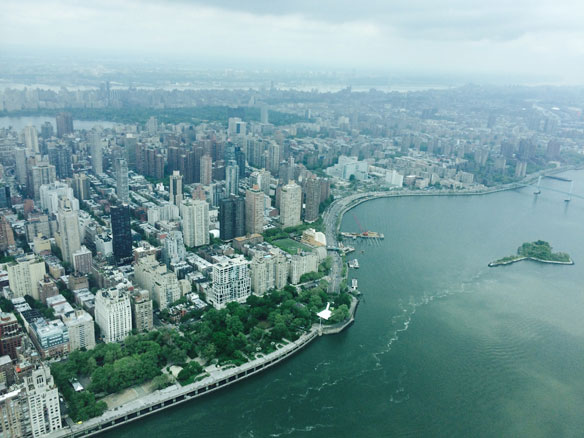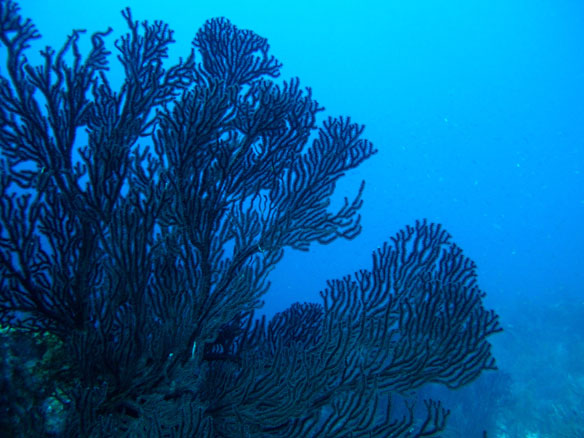New research sheds light on mercury pollution in estuaries, food chain

Mercury, which is transformed into methylmercury in water, is a global pollutant that damages human health. Most people are exposed to mercury by eating fish, particularly from open ocean and coastal fisheries. Estuaries act as a repository for methylmercury, storing toxic particulates in both the sediment and water column.
Saving Shore Communities a Risky, Expensive Proposition

The sea is rising. The land is sinking. Entire mid-Atlantic communities are anchored in between, bookended by certain disaster unless a way is found to turn back the tide and save the shore. No one knows how to fix the fix we’re in, as climate change and sea-level rise continue to assault our shores.
Coral reefs could be more vulnerable to coastal development than predicted

For years, many scientists thought we had a secret weapon to protect coral reefs from nutrients flushed into the seas by human activity. But a new study sheds doubt on that idea, underscoring the importance of sustainable growth in coastal areas.
